The Debate on Sensory Processing Disorder: Why It Can Be a Misleading Diagnosis

Does My Child Have Sensory Processing Disorder? If your child exhibits one or more of the following behaviors, you might wonder if they have Sensory Processing Disorder (SPD): SPD is a term often used by occupational therapists to describe children who struggle with sensory-related challenges. The Problem with SPD Despite its widespread use, Sensory Processing […]
The Popularity of Fingerprint Analysis in Indonesia

In Indonesia, the STIFIn test is a well-known example of fingerprint-based intelligence assessment. It claims to categorize individuals into five “intelligence machines” and nine personality types, supposedly revealing each person’s natural learning style, career potential, and even compatibility in relationships. With promises of high accuracy and a lifetime-valid result, it’s no wonder the STIFIn test has captured the attention of parents eager to understand their child’s potential.
Picky Eating

Many children to go through a phase of picky eating. Some children refuse foods based on certain sensory qualities (such as texture, taste, or temperature), others refuse to taste new food and only accept a very limited range of foods. Most children start gradually accepting a wider variety of food and typically overcome naturally this phase when they […]
Learning Social Skills at Joyin
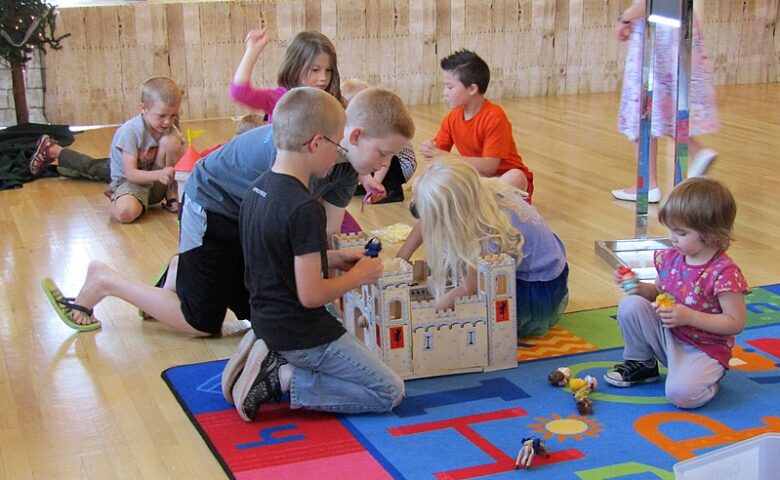
Play is the most important way to learn for children between 1 to 5 years old. It also happens to be their most favorite activity! Through play and its infinite possibilities, children learn the world of adults: accepting and negotiating rules, following and leading, taking turns, assuming social roles, compete or cooperate for a common […]
Typical Milestones in the Development of Speech and Language

Age Receptive Skills Expressive Skills Birth Turns to source of sound Shows preference for voices Shows interest in faces Cries 2 to 4 months Coos Takes turns cooing 6 months Responds to name Babbles 9 months Understands verbal routines (wave bye-bye) Points Says ma-ma, da-da 12 months Follows a verbal command Uses jargon Says first […]
Ideas For Physical Activities For Children At Home
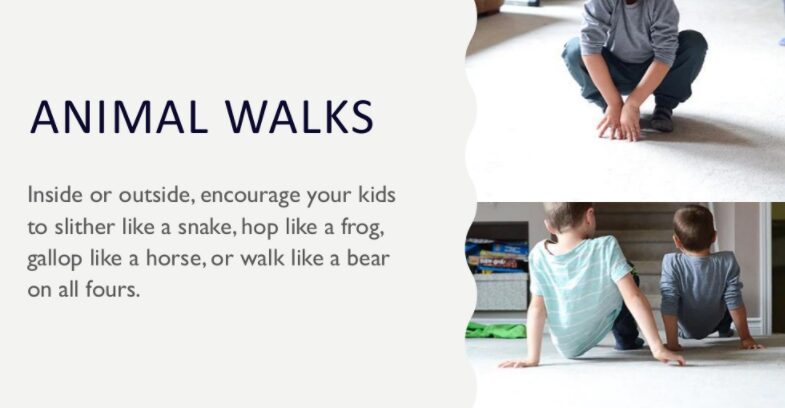
Physical activity is essential for children’s development. Children who are physically active every day are happier, healthier and learn faster. Physical activity improves mood and, in turn, reduces difficult behaviours. According to paediatric guidelines, children should be physically active every day throughout the day for at least three hours, including light physical activities such as […]
Pediasure – Is It Really What Your Picky Eater Needs to Grow?

PediaSure is manufactured by the pharmaceutical giant Abbott, and although originally formulated for under- and malnourished children, is increasingly being marketed in Indonesia as a meal replacement/supplement which “is clinically proven to help kids grow” and can “balances your picky eater’s uneven diet”. The idea of replacing a full meal with a sweetened drink is indeed […]
Toe-Walking
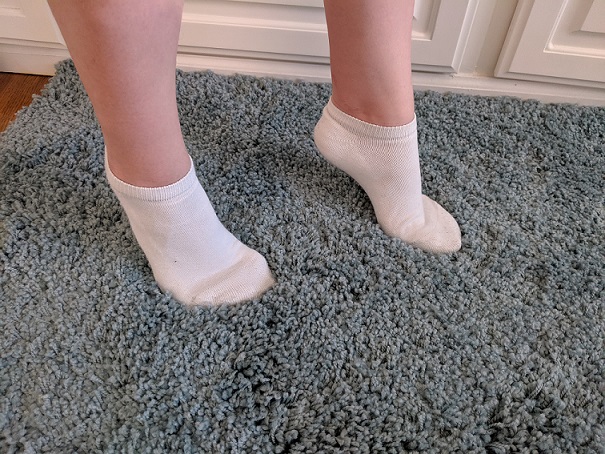
Toe-walking is a pattern of walking where children walk on the toes or the balls of the feet. It is fairly common in children learning to walk. Most children will outgrow it, acquiring a typical heel-to-toe gait by 3 years old. Clinical implications of toe-walking Although toe-walking can be a normal variant in child gait […]
W-Sitting: When It Is OK and when It Is Not OK
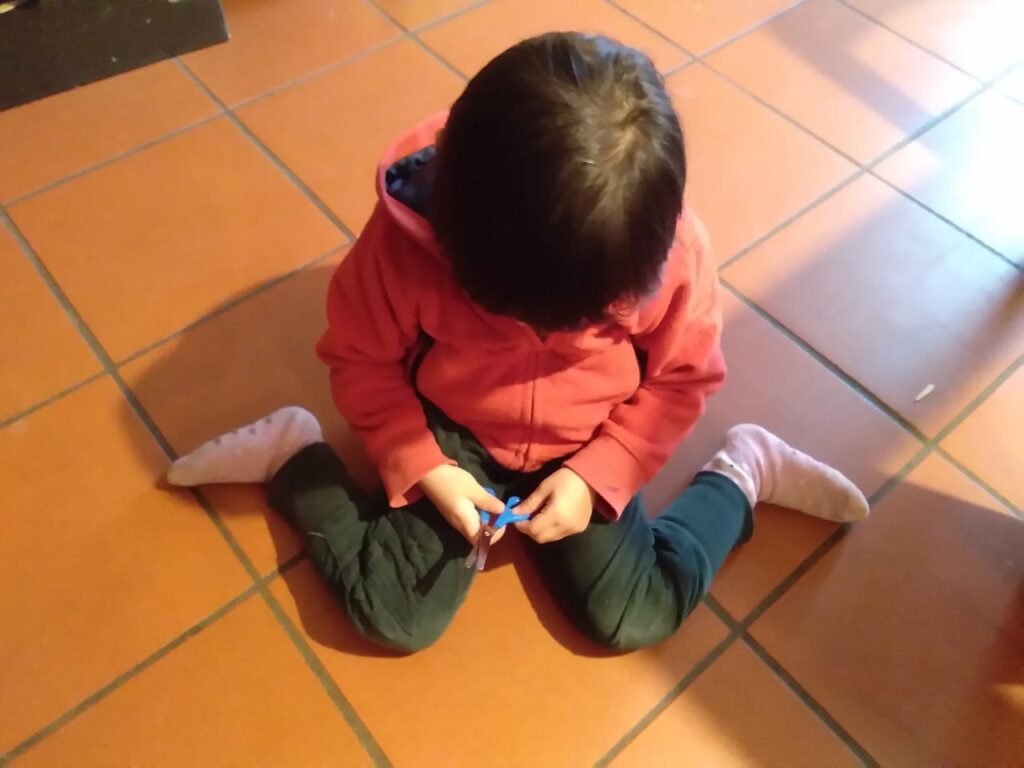
When w-sitting, children sit with their bottom between their legs and with the feet splayed out to the sides. Physical therapists, occupational therapists, teachers, physicians, and online parent resources generally caution parents against w-sitting, linking it to a number of orthopedic problems. However, evidence supporting the link between w-sitting and negative effects is substantially lacking […]
Is screen time bad for my child?
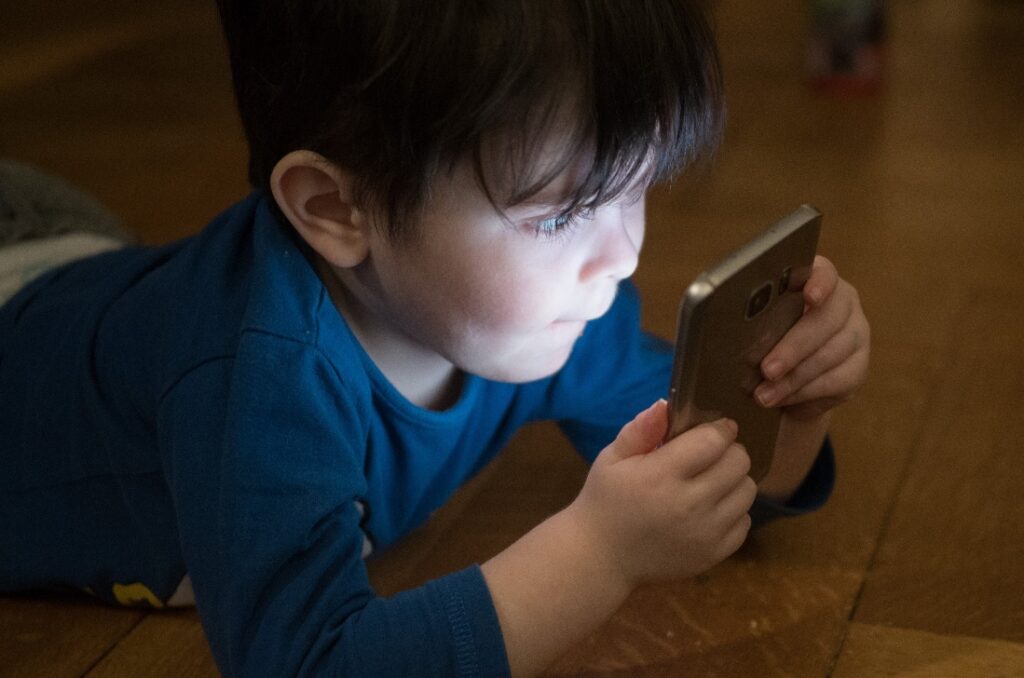
Screen Time for Children The widespread influence of digital technology has greatly impacted how children play, learn, and form relationships. As a result, developmental experts have been investigating the effects of tablets, computers, smartphones, and television on children’s development. Today, it is recognized that screen time is not inherently negative when children consume age-appropriate and […]
